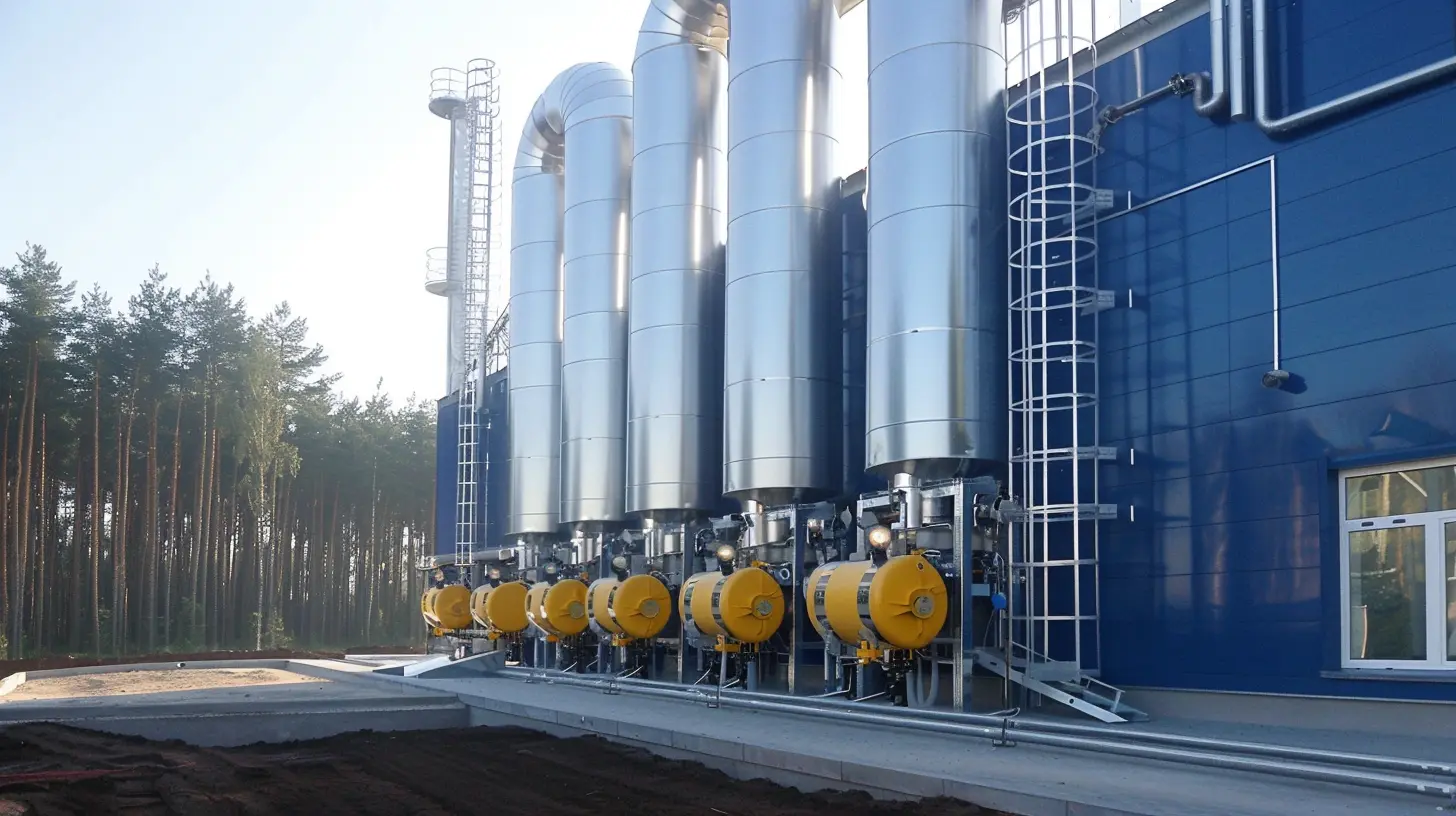District heating systems allow for the efficient use of energy resources by capturing waste heat and redistributing it to multiple locations. This reduces overall energy consumption.
By utilizing renewable and lowcarbon energy sources, district heating systems contribute to the reduction of greenhouse gas emissions, supporting the move towards a sustainable future.
With shared infrastructure and efficient energy usage, district heating systems can lead to cost savings for both providers and consumers.


Sensors play a crucial role in data collection, enabling smarter decision-making and predictive maintenance.
Advanced metering technologies enhance billing accuracy and provide consumers with real-time usage data.
This trend includes a shift towards efficient and decentralized energy generation methods.
Future advancements may include AI integration for predictive maintenance and better system optimization.
Further incorporation of renewable energy sources into heating systems to enhance sustainability.
Evolution towards smarter grid infrastructure for more efficient energy distribution within cities.